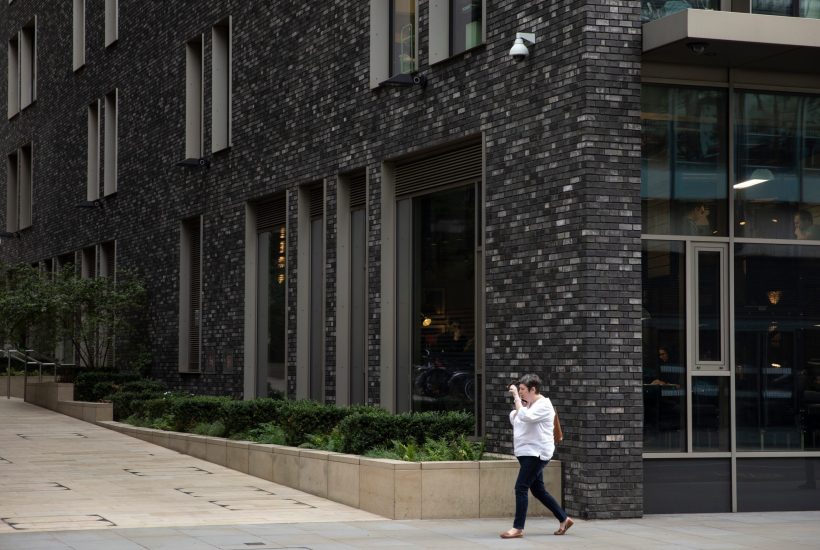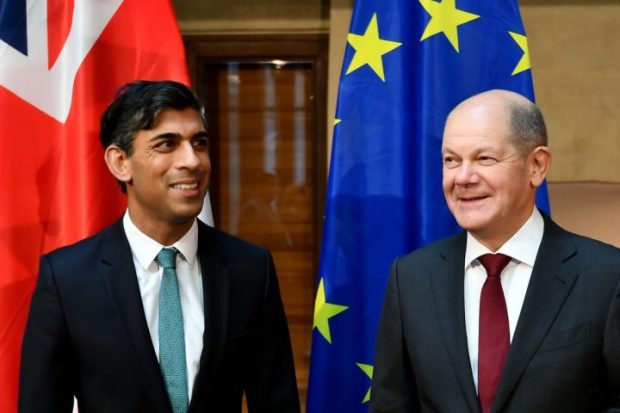In recent years, facial recognition technology has been introduced into our lives in various benign ways. The ease of using it to unlock our phones, make purchases, replace passwords, and manage our digital wallets is irresistible. Before long, perhaps, it will be integrated into our ‘smart’ homes, shops and airports, and available on all our devices.
Unfortunately, our love of convenience may be distracting us from the fact that facial recognition technology is the most sinister and uniquely dangerous surveillance mechanism yet invented. As it increasingly plays a central role in our lives, we are being lulled into accepting its use by the police. And if it is not resisted now, it will become a ubiquitous part of the security apparatus.
Today, a letter from more than 30 civil liberties groups including Amnesty International, Liberty, and Privacy International accused the Home Office and the police of bypassing parliament to introduce live facial recognition technology (LFRT). Recent draft guidance from the Surveillance Camera Commissioner and the College of Policing would allow police, local councils and enforcement agencies to use facial recognition across England and Wales; this guidance, the civil liberties campaigners say, has been given in defiance of court rulings against invasive filming.
‘In a democratic society,’ the letter argues, ‘it is imperative that intrusive technologies are subject to effective scrutiny. Police and the Home Office have, so far, completely bypassed Parliament on the matter of LFRT.
‘We are not aware of any intention to subject LFRT plans to parliamentary consideration, despite the intrusiveness of this technology, its highly controversial use over a number of years, and the dangers associated with its use.’
LFRT has a poor track record in the UK. When the Metropolitan Police trialled live facial recognition technology it commissioned an independent review of its use, which concluded that the technology’s impact on human rights had not been ‘adequately considered’ and that it was unlikely to pass the key legal test of being ‘necessary in a democratic society’. Yet the Home Office and police plough on regardless.
During the Met’s trial, a member of the public objected to being scanned, and covered his face. The technology’s influence on police behaviour was immediately apparent: he was ordered to show his face and then fined £90 for ‘disorderly conduct’. When the principle of the presumption of innocence goes out of the window so easily, the implications for our civil liberties are chilling.
Last year, the Metropolitan Police used LFRT on three occasions in the capital. It later emerged that when 8,600 faces were scanned in Oxford Circus, police found eight suspects – except they didn’t. Seven of the eight were falsely identified.
The police will justify the rollout of facial recognition tech by insisting it’s an essential tool that will be used only in extreme cases – to deal with violent criminals, terrorist threats, human trafficking and lost children. It’s the same old argument used to justify every single piece of anti-terror legislation. What happens next is that the government, the police and even local councils abuse their new powers. It’s inevitable.
This dangerous threat to our liberty raises so many issues for privacy and data protection, not to mention huge ethical questions about its potential to exacerbate discrimination. Facial recognition technology has been shown time and time again to be biased, inaccurate, and disproportionately harmful to people of colour.
No wonder that the Chinese Communist Party is using facial recognition technology to develop a high-tech tyranny, with the Xinjiang region providing the perfect testing site – helping the Party to directly discriminate against the Uyghurs – before a nationwide rollout.
The civil liberties groups’ letter called on ‘parliament and relevant stakeholders to halt and ban the use of live facial recognition technology by the police and private companies entirely, as it poses significant and unmitigable risks to our society.’ They’re right, and it’s time we collectively said ‘no’.
The threat to our privacy, freedom of expression, and rights of association are far too serious to simply wave through yet another ‘crime fighting tool’ without proper scrutiny and debate. If we gave the police every tool they deemed essential we would already be a police state. As things stand, we can prevent our slow transformation into one.
Got something to add? Join the discussion and comment below.
Get 10 issues for just $10
Subscribe to The Spectator Australia today for the next 10 magazine issues, plus full online access, for just $10.




















Comments
Don't miss out
Join the conversation with other Spectator Australia readers. Subscribe to leave a comment.
SUBSCRIBEAlready a subscriber? Log in